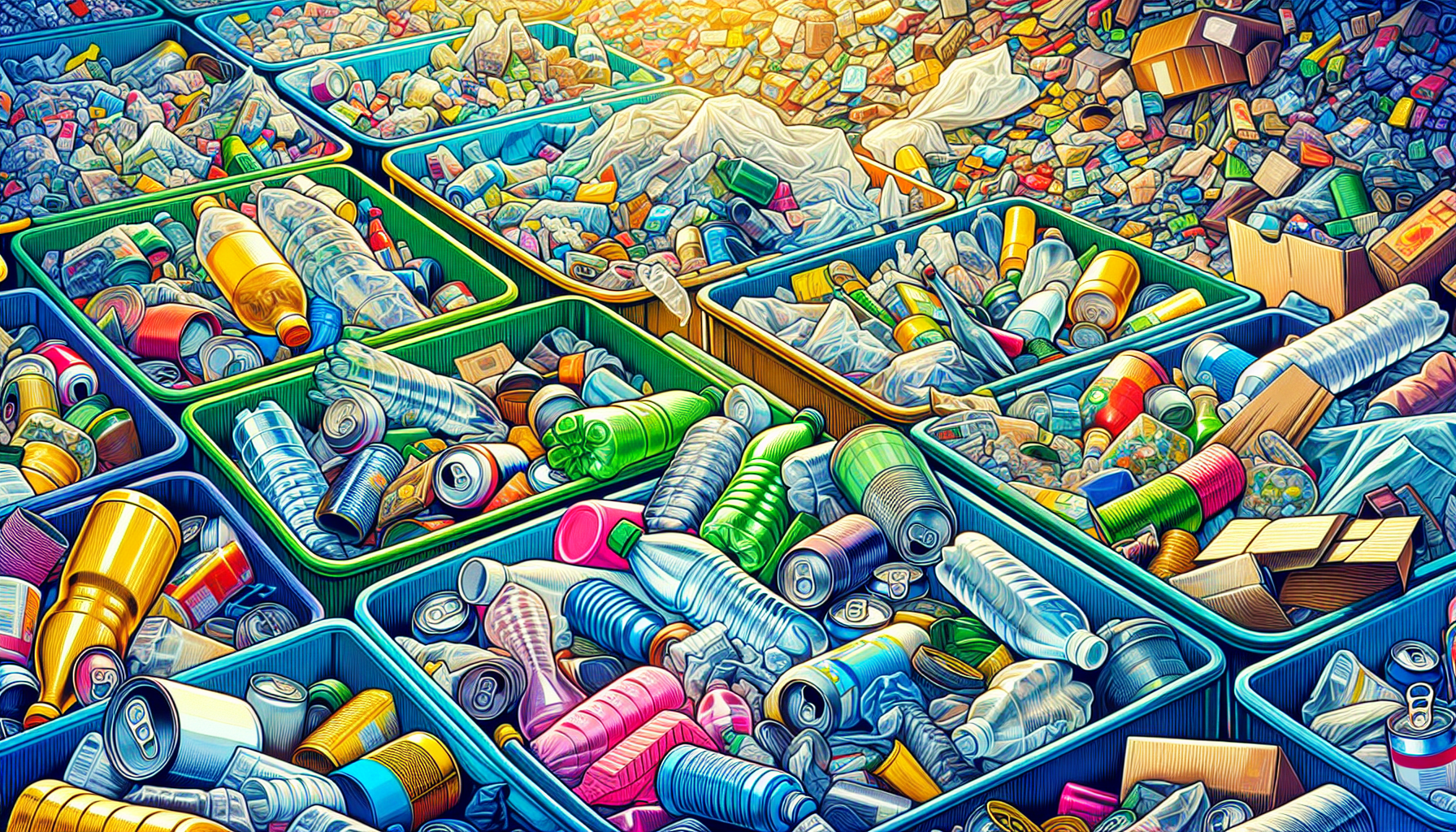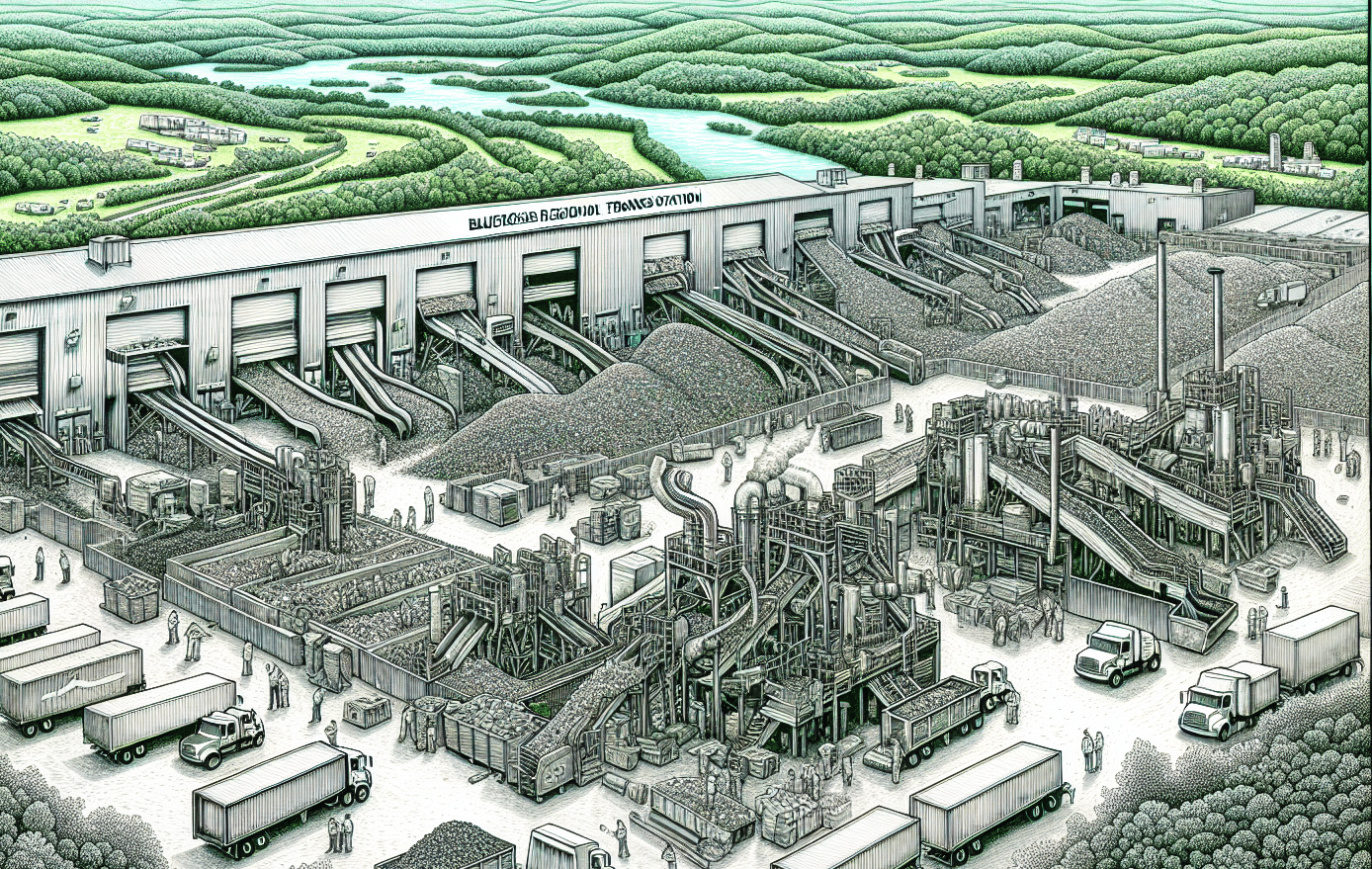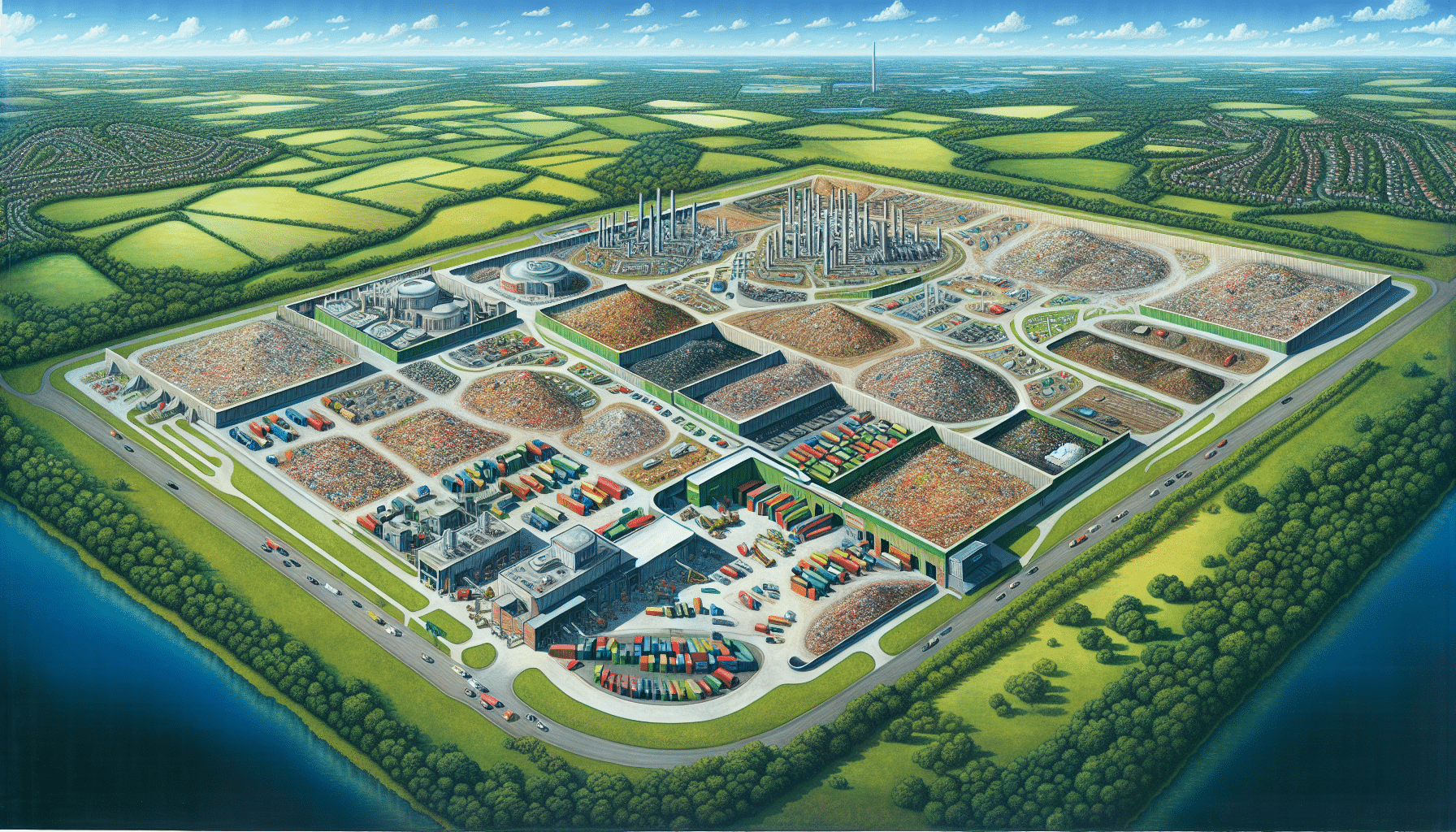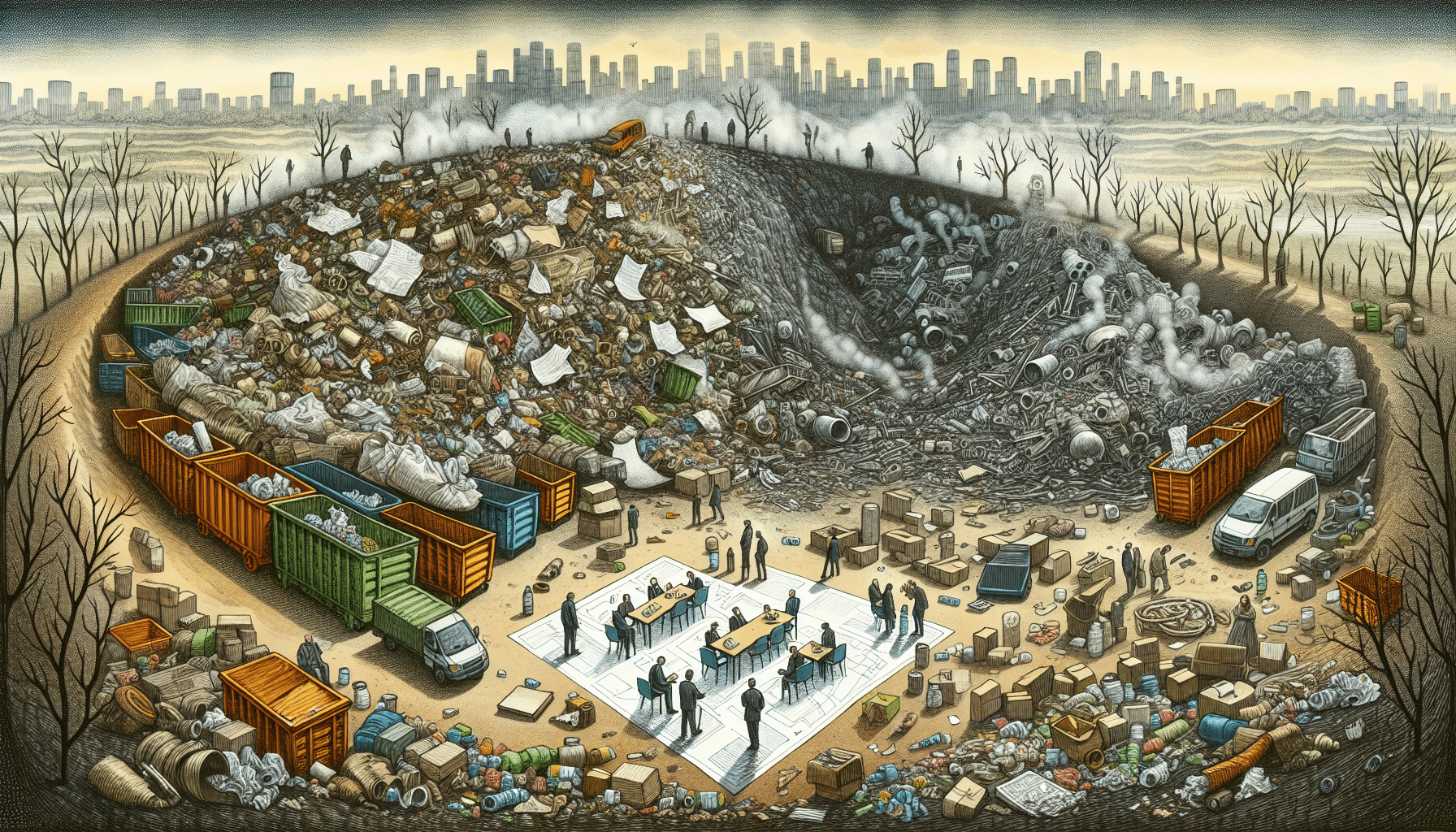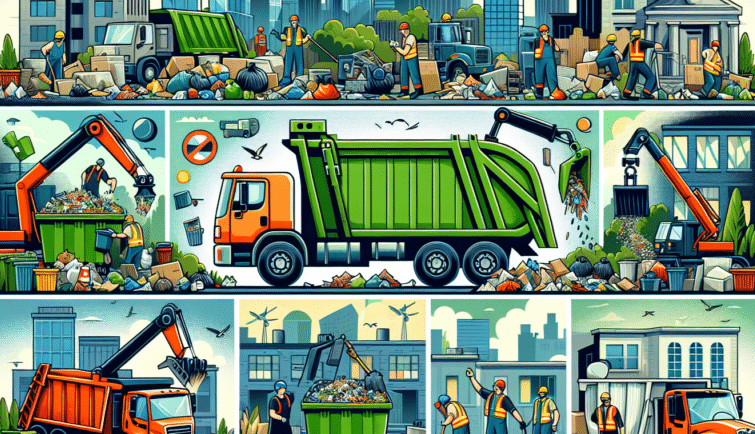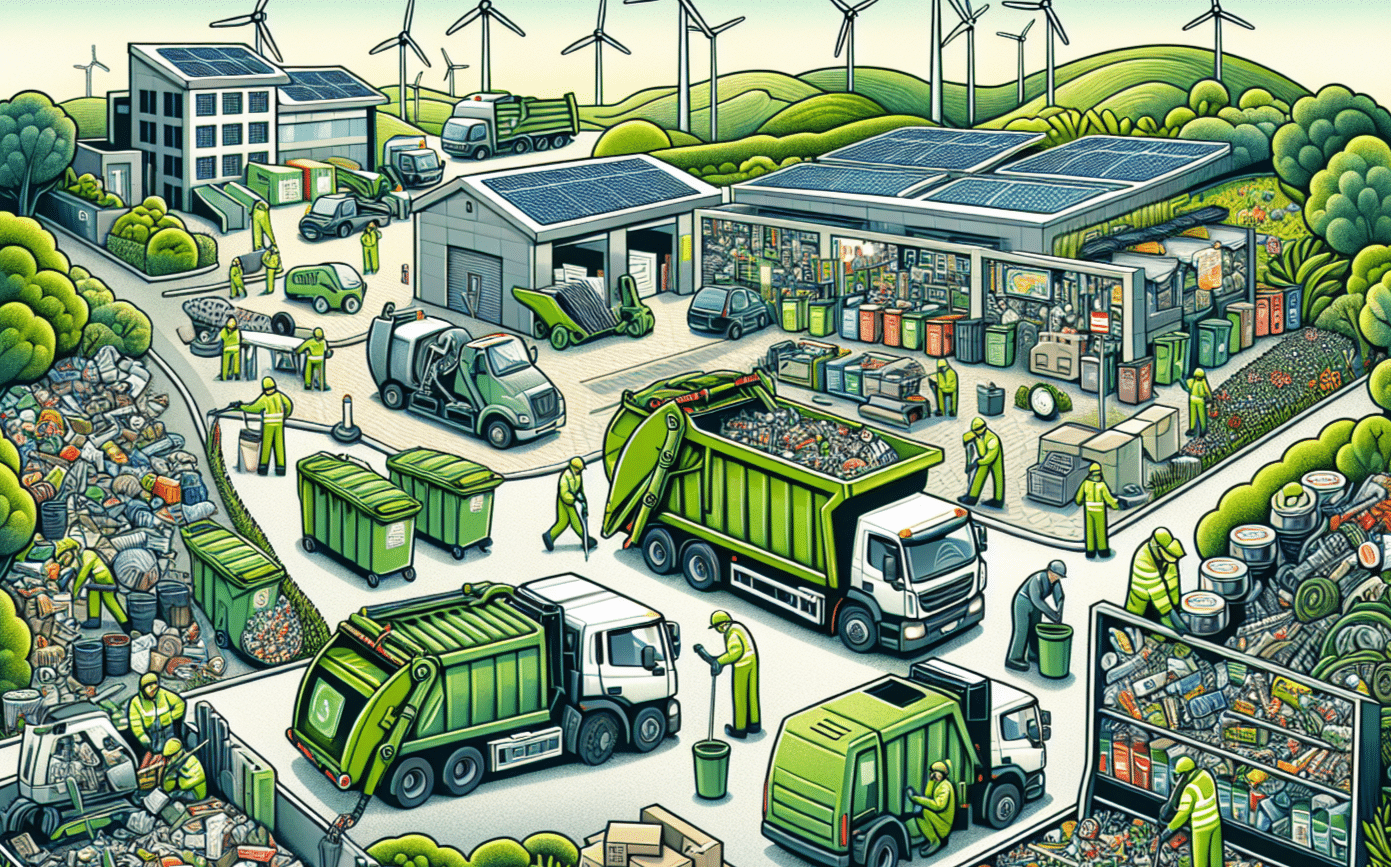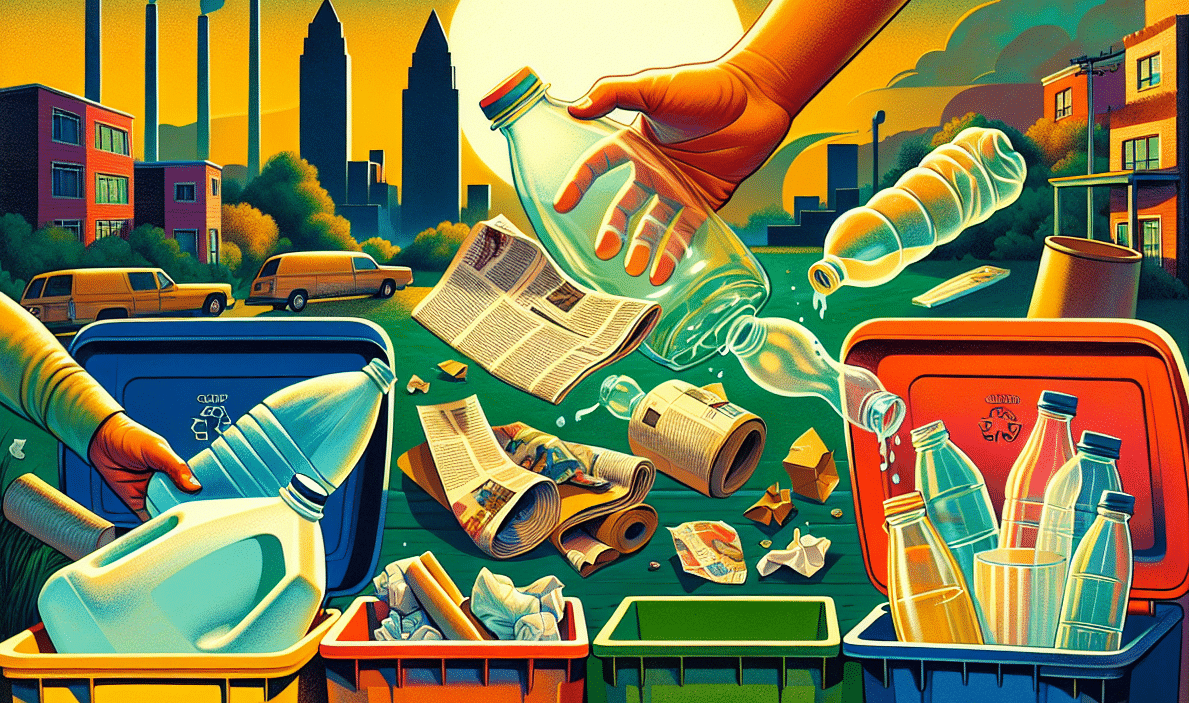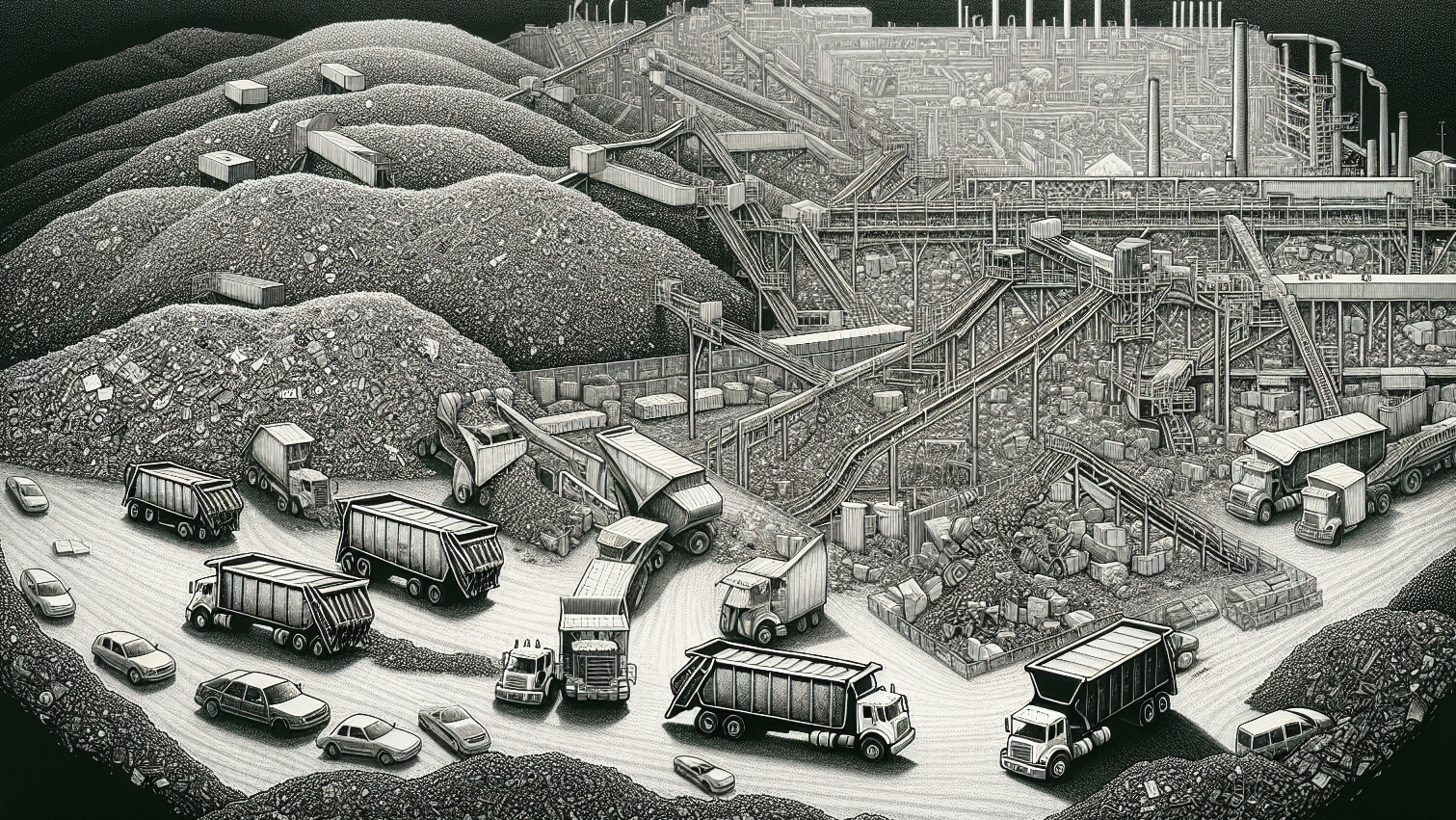Recycling conserves resources, reduces pollution, saves energy, and creates job opportunities. Understanding the benefits of recycling can lead to more sustainable choices and a healthier planet. Additionally, when we recognize the benefits of recycling, we can further enhance our environmental impact.
Key Takeaways
- Recycling is vital for environmental sustainability, reducing pollution, conserving natural resources, and protecting ecosystems.
- The recycling industry creates substantial economic benefits, including job creation and cost savings.
- Participating in recycling programs fosters community health and engagement while promoting habits that maximize the benefits of recycling.
Environmental Benefits of Recycling

Recycling offers numerous environmental benefits essential for a sustainable future. Participating in recycling and reuse activities significantly reduces the need to extract new raw materials, conserves natural resources, and minimizes waste. Additionally, recycling helps cut down on greenhouse gas emissions. For example, recycling paper can prevent the emission of over one metric ton of greenhouse gasses per ton of paper recycled.
Conserving Natural Resources
Recycling conserves natural resources by reducing the demand for raw materials such as glass, paper, and metals, preserving finite resources for future generations. It also conserves trees, water, oil, and metals, ensuring these vital resources remain available. Extracting raw materials is expensive and requires large amounts of water and energy, highlighting the importance of recycling to conserve these resources.
Reducing Pollution
Recycling significantly reduces pollution by minimizing the amount of waste sent to landfills. Landfills are notorious for releasing harmful gasses and leaching toxic substances into the soil and water. By diverting waste from landfills, recycling significantly reduces these harmful environmental impacts.
Protecting Ecosystems
Recycling helps protect ecosystems by reducing the need for raw material extraction, often leading to habitat destruction and environmental contamination. Recycling supports wildlife conservation by preventing habitat destruction and protecting wildlife from contamination and habitat loss. Overall, recycling significantly contributes to the preservation of ecosystems and the protection of the natural world.
Economic Advantages of Recycling

Recycling benefits both the environment and the economy. Community recycling initiatives generate job opportunities through the collection and processing of recyclable materials, enhancing local economies. These initiatives can lead to improved economic conditions in underserved areas, creating jobs in waste management and recycling sectors.
Recycling Creates Jobs
Recycling creates job opportunities and boosts local economies. Currently, recycling and reuse activities provide approximately 757,000 jobs in the U.S., highlighting the industry’s significant impact on employment. The recycling industry generates about nine times more employment opportunities compared to landfill waste disposal, benefiting individuals and helping alleviate poverty in underserved communities by providing stable income sources.
Cost Savings
Recycling can lead to significant cost savings for municipalities and households as an alternative to traditional waste disposal methods. Recyclables are traded like raw materials, with prices varying based on supply and demand. This market dynamic can impact the overall cost-effectiveness of recycling programs for local governments and communities.
Tax Revenues
Recycling generates significant tax revenues, benefiting local economies and communities. Recycling also creates new business models and partnerships, which can enhance tax revenues through increased industry activity. The overall impact of recycling on tax revenues is substantial, demonstrating the financial benefits of supporting recycling programs and initiatives.
Energy Conservation Through Recycling
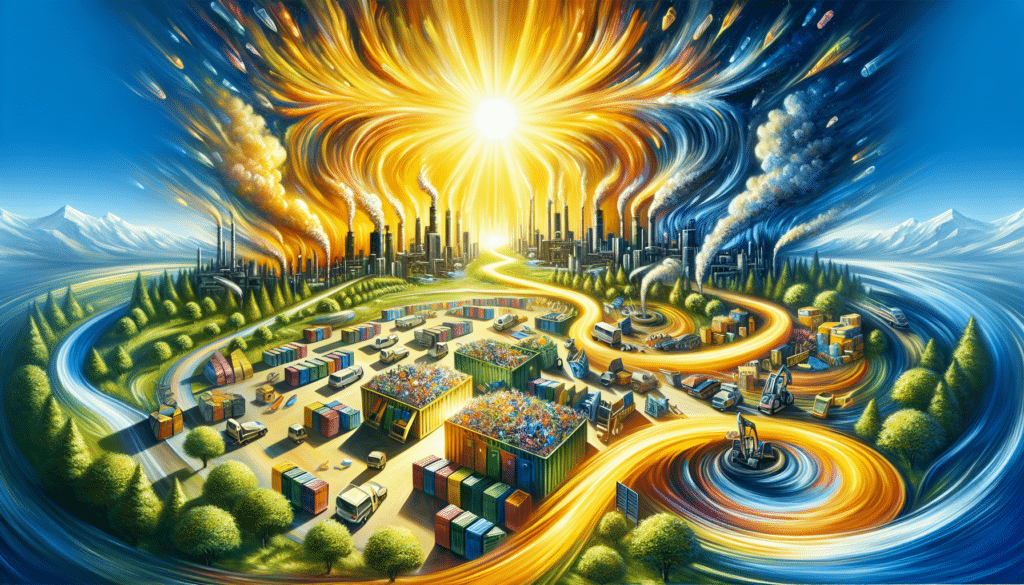
Recycling significantly reduces the energy required to produce new materials. For instance, recycling aluminum can save up to 95% of the energy used in its production from raw materials. This conservation supports efforts to combat the climate crisis by reducing greenhouse gas emissions.
Recycling Conserves Energy
Recycling can lead to substantial energy conservation. Estimates suggest it saves enough energy to power 14 million homes per year. Alternatively, recycling 10 plastic bottles can save enough energy to power a laptop for more than 25 hours. The energy differences when using recycled materials are significant, emphasizing recycling’s role in energy conservation.
Social and Community Impact of Recycling

Recycling positively affects community health by reducing pollution from landfills, which often releases harmful gasses like methane. Participating in recycling programs fosters community engagement, education, and awareness about sustainable practices among residents. Accessible recycling collection stations in communal areas can significantly boost recycling behavior, making participation easier and more convenient for community members.
Healthier Communities
Waste management facilities negatively impact health, property values, aesthetics, recreation, and land productivity in underserved communities. By reducing waste and pollution, recycling helps create healthier communities, improving the overall quality of life for residents.
Supporting Underserved Areas
Recycling initiatives can provide job opportunities, as the industry requires significantly more labor compared to traditional waste disposal. The job creation in the recycling field can significantly boost local economies.
Encouraging Recycling Habits
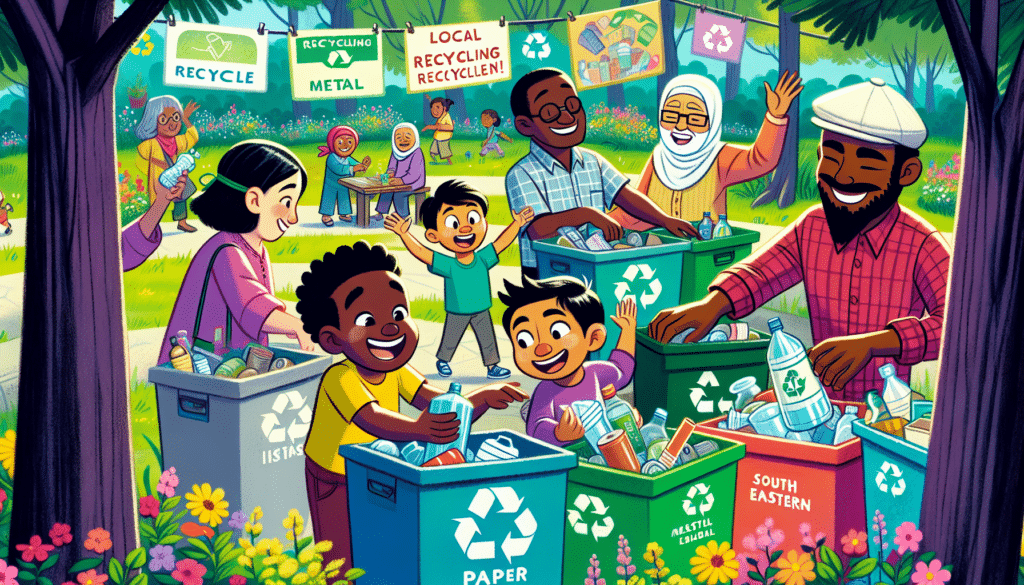
Developing recycling positive habits maximizes the benefits of recycling and ensures the sustainability of our resources. Individuals should aim to reuse items as much as possible before opting for recycling to maximize resource use.
Proper Sorting Techniques
Proper sorting is crucial to maintain the quality and value of recyclable materials. Incorrect sorting can damage machinery, result in costly delays, and compromise the value of other recyclables.
Participating in Local Recycling Programs
Community recycling initiatives engage residents in waste reduction, fostering a sense of responsibility and unity. These programs educate community members about the importance of recycling and sustainable practices.
Buying Recycled Products
Purchasing products made from recycled materials supports the recycling industry. Buying recycled products closes the recycling loop by creating demand for recycled materials. Thousands of products contain recycled content, from paper products to plastics, making it easier for consumers to support recycling efforts.
Summary
Recycling offers a myriad of benefits that span environmental, economic, and social dimensions. By conserving natural resources, reducing pollution, protecting ecosystems, creating jobs, saving costs, generating tax revenues, and conserving energy, recycling proves to be an indispensable practice for a sustainable future.
As you reflect on these benefits, remember that every small effort counts. Whether it’s proper sorting, participating in local programs, or buying recycled products, your actions can make a significant impact. Let’s embrace the power of recycling and work together to build a better world for ourselves.
Frequently Asked Questions
How does recycling help conserve natural resources?
Recycling is a powerful way to conserve natural resources by decreasing the demand for new raw materials, ensuring that essential resources like trees, water, and metals are available for future generations.
What are the economic benefits of recycling?
Recycling not only creates jobs and boosts tax revenues but also saves money for both municipalities and households.
How does recycling reduce pollution?
Recycling significantly reduces pollution by decreasing the waste sent to landfills, which in turn lessens air and water contaminants.
How does recycling conserve energy?
Recycling conserves energy by dramatically lowering the amount needed to create new products; for instance, recycling aluminum can save up to 95% of the energy compared to making it from raw materials.
What can individuals do to support recycling efforts?
To truly support recycling efforts, start by sorting your recyclables correctly, engage in local recycling programs, and choose products made from recycled materials. By taking these steps, you contribute to a sustainable future and encourage others to do the same!






































































